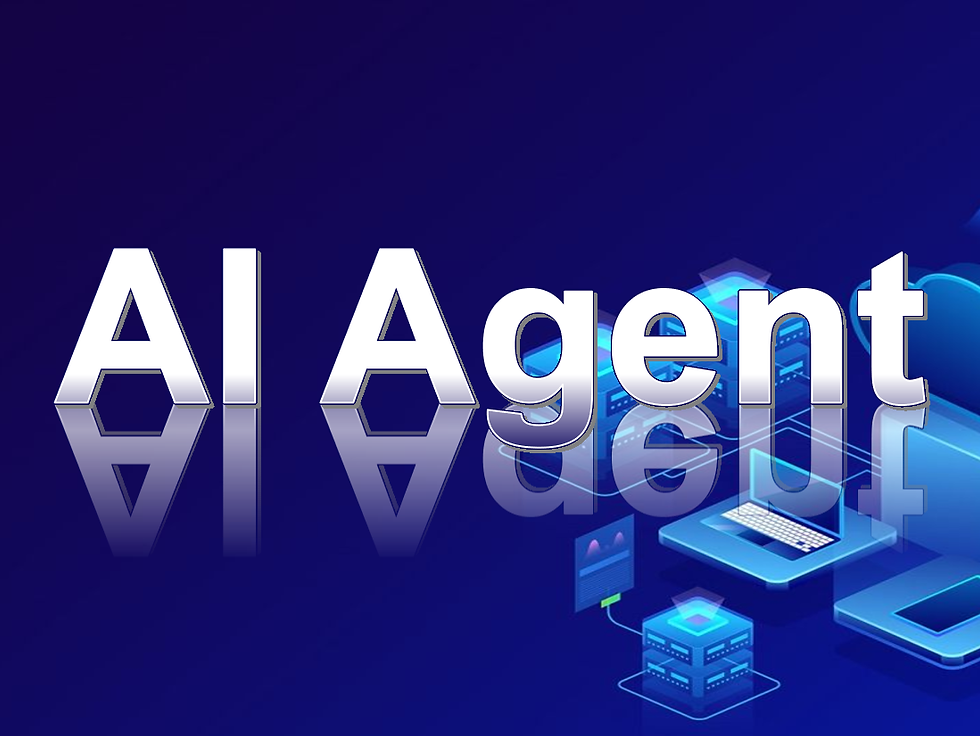What Is the Future Potential of AI Agents?
- Wang Suhong
- Nov 22, 2024
- 2 min read
An AI Agent refers to an artificial intelligence system capable of autonomously perceiving its environment, making decisions, and taking actions to achieve specific goals. Unlike traditional software, AI Agents typically exhibit a degree of autonomy, adaptability, and interactivity, enabling them to dynamically adjust their behavior to handle complex environments.

Core Principles
The functionality of AI Agents is based on the following core principles:
Environmental Perception: Gathering information from the external environment via sensors or data interfaces, such as user inputs, sensor data, or network information.
Decision Logic: Using reasoning, planning, or machine learning algorithms to process the information and generate a rational action plan.
Action Execution: Transforming the plan into concrete actions or outputs via actuators or programming interfaces.
Feedback Learning: Continuously optimizing strategies and actions through interaction with the environment and feedback data.
This closed-loop structure ensures that AI Agents can not only perform tasks but also evolve and improve their capabilities in complex, dynamic environments.
Technical Foundations
The development of AI Agents relies on several key technologies:
Machine Learning and Deep Learning
Equips AI Agents with the ability to learn and optimize autonomously, especially for classification, prediction, and complex decision-making tasks.
Reinforcement Learning
Enables AI Agents to refine their decision strategies through trial-and-error processes, exemplified by the deep reinforcement learning algorithms behind AlphaGo.
Natural Language Processing (NLP)
Facilitates efficient interaction between AI Agents and humans, including language understanding and generation.
Computer Vision
It provides the capability to perceive visual data like images and videos, enabling applications in navigation and monitoring.
Multi-Agent Systems (MAS)
A framework where multiple AI Agents collaborate or compete to accomplish complex tasks.
Distributed and Edge Computing
It supports AI agents operating on resource-constrained devices or distributed systems, enhancing real-time performance and robustness.
Applications Applications in Education
Applications in Healthcare




